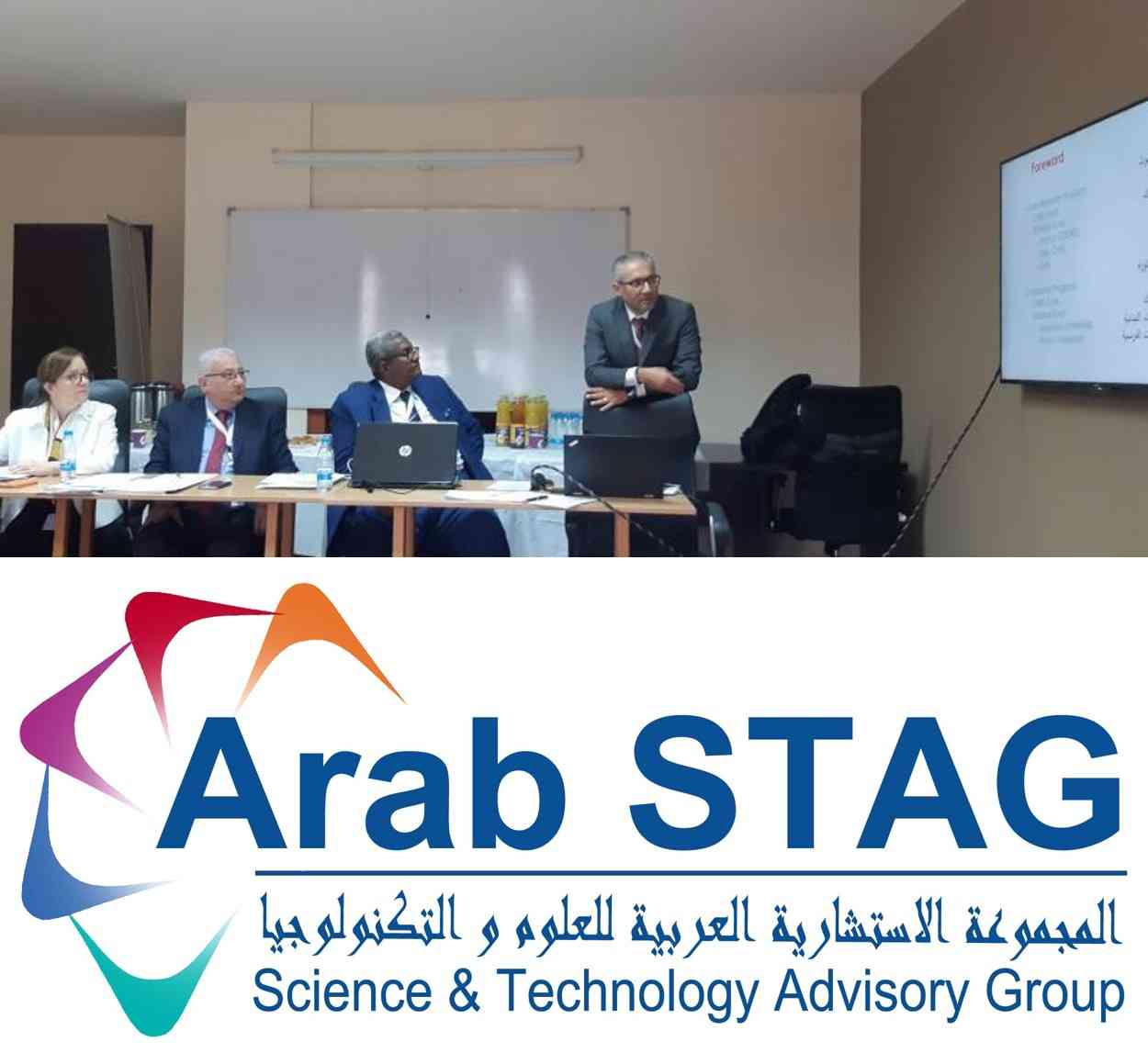Promoting Multi-disciplinary DRR Through Research and Innovation in Higher Education in the Arab Region
Promoting the inclusion of multi-disciplinary DRR in higher education through research, innovation and professional training in the Arab region.
Description
The role of the Arab STAG is to provide scientific information and technical advice to the Arab Region and coordinate strategic engagement of science, research and technology with decisionmakers to increase to Arab Region’s resilience and strengthen the regional and national disaster risk reduction (DRR) programs to serve Sustainable Development.
This commitment is aimed at promoting multi-disciplinary DRR, research and innovation inclusion in higher education as well as professional training through regional related organizations: Implementing DRR in the curriculums is a very effective starting point to enlarge the scientific network on DRR. This will ensure human resource development in the DRR field.
Specific actions include:
• Develop DRR curriculums to be embedded in Higher education studies
• Encourage grants for academic Research related to DRR
• Encourage affiliations with foreigner institutes already developed in the field.
• Promote E-learning and Blended Technology DRR studies
This commitment is in line with the Voluntary Action Statement of 2018 as well as with the Arab STAG role and functions, containing short and a long term milestones. Short term actions are related towards the implementation of the Arab Regional Strategy for DRR. These actions can be resumed to developing a status report on science and technology in DRR in the Arab Region, organizing the Arab Science-Policy dialogue focusing on DRR, engaging the Arab STAG with the global STAG, supporting Sustainable Development & Climate Change, developing a network of science institutions and prepare a roster of experts on DRR. Long term actions set are related to the implementation of Sendai Framework priorities towards a) Risk Prevention, b) Risk Reduction and c) Strengthening Resilience. As long term actions, the Arab STAG proposed to get engaged with governments to increase investment of public and private sectors on science & technology in DRR, prepare sectoral guidance how to bring science and technology in sectorial plans, and promote DRR, research and innovation inclusion in higher education through regional related organizations. Actions, indicators, and deliverables are detailed in the Arab STAG Voluntary Action Statement.
Did the Sendai Framework change or contribute to changes in your activities/organization? If so, how?
The Sendai Framework shifted the focus from managing disasters to preventing risk. We found an opportunity to shed more light on evidence of risk in terms of hazards, exposure and vulnerability from a science and technology point of view.
There are several mentions to science and technology in the Sendai Framework. For instance, paragraph 36 (b) underlines the need for academia, scientific and research entities to increase their focus on disaster risk factors and scenarios in the medium and long term for regional, national and local applications in coordination with those in charge of policy designing and implementation. Our commitment is in line with these requests by the Sendai Framework.
What led you to make this commitment/initiative?
What was your position before making this Voluntary Commitment / prior to the Sendai Framework?
We are motivated by being a leading entity providing scientific information and technical advice in the Arab Region for Disaster Risk Reduction (DRR). We believe that DRR is a pre-condition for sustainable development. Furthermore, paragraph 25 (g) of the Sendai Framework encourages to strengthen the mobilization and coordination within existing networks, in particular those of the UNDRR Scientific and Technical Advisory Group to enhance the scientific and technical work on DRR. The Sendai Framework has underlined the role of academia, science, and technology institutions and facilitated a clear roadmap for developing our contributions.
Deliverables and Progress report
Deliverables
Deliverables are the end-products of the initiative/commitment, which can include issuance of publications or knowledge products, outcomes of workshops, training programs, videos, links, photographs, etc.
• At least 5 countries in the region will have at least 1 university providing Master level programs in DRR
• Increase in the conducted research\activities and innovations in the DRR domain
• DRR, CC & SDGs multidisciplinary and transnational degrees, schools and research projects
• Establish DRR unit inside these educational and research institutes.
• Certified Training programs/courses on DRR
• Double degrees, mobility of students, academics and technical staff
Our deliverable will be presented in the form of a brief or report and/or press releases.
Organizations and focal points
Implementing Organization(s)
Focal points
Partners
